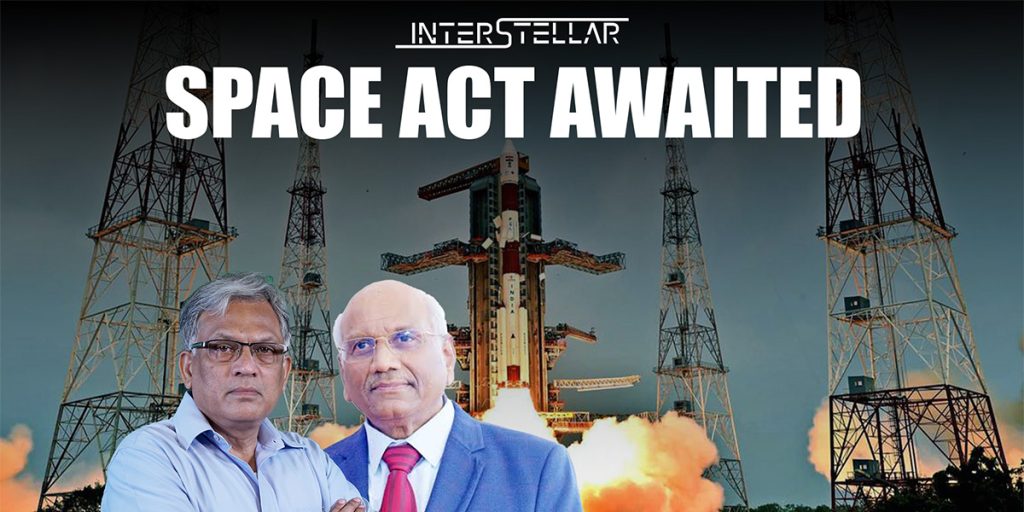There was a time in India when the entire gamut of Space-related activities was the responsibility of Indian Space Research Organisation (ISRO). That ranged from building and launching satellites to their use. The Space Policy, now over a year old, set out the government’s intention to liberalise this sector taking industry as the “core traveller”.
“This is something similar to what India has done in the field of infrastructure and communication,” Dr Subba Rao, founder of Ananth , technologies, told Interstellar on the sidelines of a Space event in New Delhi. Dr Rao is a former space scientist who set up Ananth Technologies that works on launch vehicles, satellites and space applications.
He, as are many others like him in the industry, waiting for the passage in parliament of the government’s Space Act, now in the draft stage, that will lay out the ground rules for the implementation of the Space Policy. “This will encourage private industry to participate effectively in operational space,” said Dr Subba Rao. “It means the government does R&D, planetary missions while private industry will build and launch satellites for communication and other purposes.”
This clear demarcation between what the government will do and private industry could help spur foreign direct investment into the sector. The Space Act is the key enabler here. It will push the case for international collaboration given that India has plans to build its own space station. Most of the technology is available in India, Dr Subba Rao said, but collaboration is also needed to take advantage of the experience of countries like the US and Russia.
The manned missions that will involve sending astronauts into space and bringing them back safely would require extensive tests and trials of various systems and platforms.





